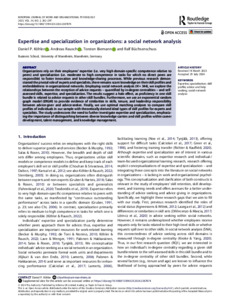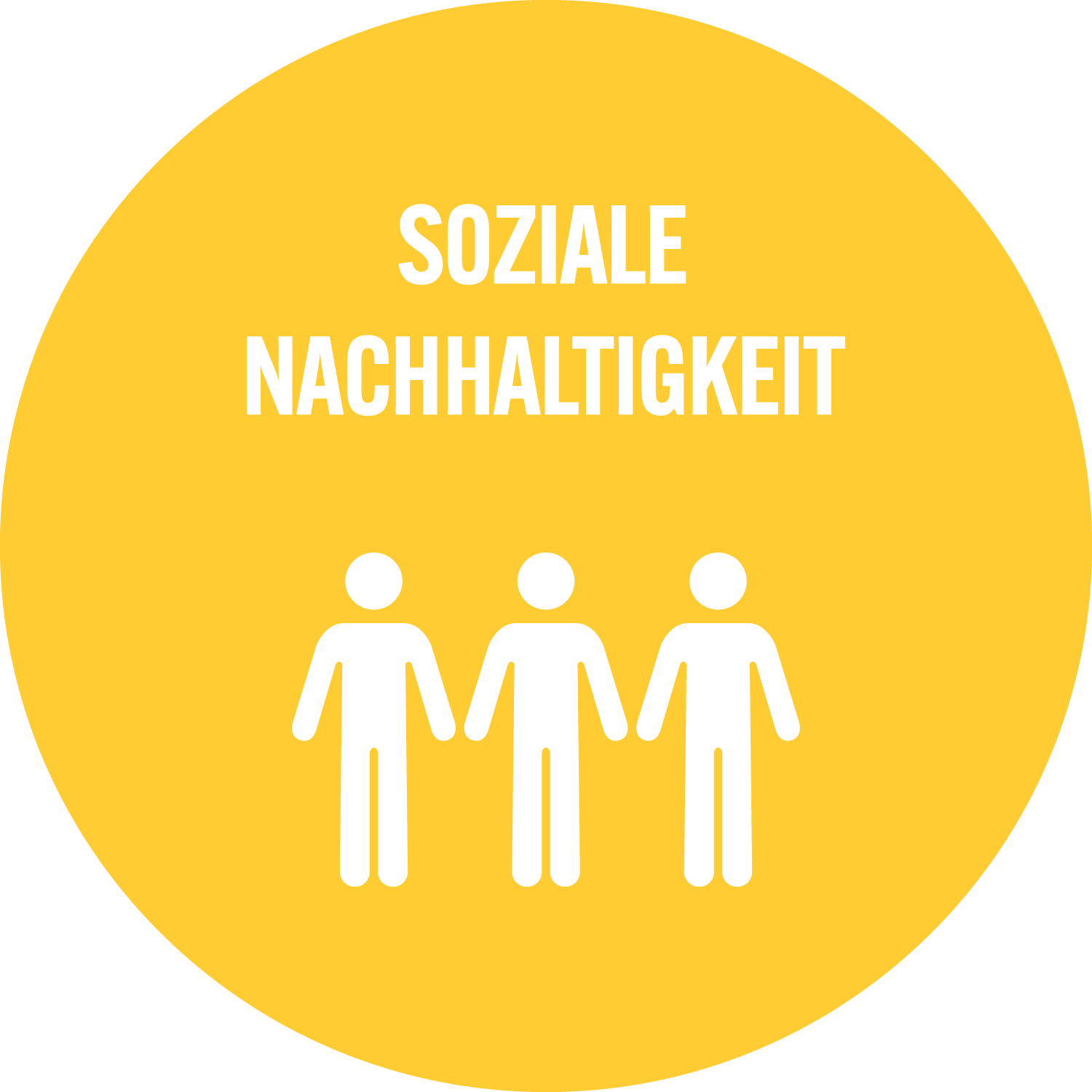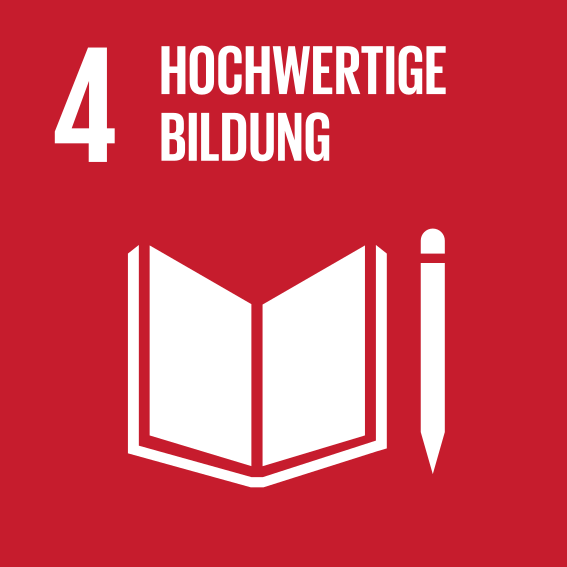|
Expertise and specialization in organizations: a social network analysis
Köhler, Daniel Paul
;
Rausch, Andreas
;
Biemann, Torsten
;
Büchsenschuss, Ralf
![[img]](https://madoc.bib.uni-mannheim.de/67687/1.hassmallThumbnailVersion/Expertise%20and%20specialization%20in%20organizations%20a%20social%20network%20analysis_.pdf)  Vorschau |
|
PDF
Expertise and specialization in organizations a social network analysis_.pdf
- Veröffentlichte Version
Download (2MB)
|
|
DOI:
|
https://doi.org/10.1080/1359432X.2024.2387874
|
|
URL:
|
https://www.tandfonline.com/doi/full/10.1080/13594...
|
|
Weitere URL:
|
https://www.researchgate.net/publication/383222634...
|
|
URN:
|
urn:nbn:de:bsz:180-madoc-676878
|
|
Dokumenttyp:
|
Zeitschriftenartikel
|
|
Erscheinungsjahr:
|
2025
|
|
Titel einer Zeitschrift oder einer Reihe:
|
European Journal of Work and Organizational Psychology
|
|
Band/Volume:
|
34
|
|
Heft/Issue:
|
2
|
|
Seitenbereich:
|
282-297
|
|
Ort der Veröffentlichung:
|
Hove
|
|
Verlag:
|
Routledge, Taylor & Francis Group
|
|
ISSN:
|
1359-432X , 1464-0643
|
|
Sprache der Veröffentlichung:
|
Englisch
|
|
Einrichtung:
|
Fakultät für Betriebswirtschaftslehre > Wirtschaftspädagogik, Lernen im Arbeitsprozess (Rausch 2016-)
|
|
Bereits vorhandene Lizenz:
|
 Creative Commons Namensnennung 4.0 International (CC BY 4.0) Creative Commons Namensnennung 4.0 International (CC BY 4.0)
|
|
Fachgebiet:
|
330 Wirtschaft
|
|
Abstract:
|
Organizations rely on their employees’ expertise (i.e. very high domain-specific competence relative to
peers) and specialization (i.e. moderate to high competence in tasks for which no direct peers are
responsible) to foster innovation and knowledge-sharing processes. While previous research demon-
strated the pivotal role of experts and specialists, there remains scant knowledge on their skill profiles and
embeddedness in organizational networks. Employing social network analysis (N = 344), we explore the
relationships between the reception of advice requests – quantified by in-degree centralities – and self-
assessed skills, expertise, and specialization. The results suggest a halo effect, as proficiency in one skill
bundle is related to advice requests in other skill bundles. Furthermore, we use an exponential random
graph model (ERGM) to provide evidence of similarities in skills, tenure, and leadership responsibility
between advice-giver and advice-seeker. Finally, we use optimal matching analyses to compare skill
profiles of individuals in our sample with theoretically derived ideal types of skill profiles for experts and
specialists. The study underscores the need to further investigate expertise and specialization, emphasiz-
ing the importance of distinguishing between diverse knowledge carriers and skill profiles within career
development, talent management, and knowledge management.
|
 
 | Dieser Eintrag ist Teil der Universitätsbibliographie. |
 | Das Dokument wird vom Publikationsserver der Universitätsbibliothek Mannheim bereitgestellt. |
 Suche Autoren in Suche Autoren in
BASE:
Köhler, Daniel Paul
;
Rausch, Andreas
;
Biemann, Torsten
;
Büchsenschuss, Ralf
Google Scholar:
Köhler, Daniel Paul
;
Rausch, Andreas
;
Biemann, Torsten
;
Büchsenschuss, Ralf
ORCID:
Köhler, Daniel Paul  ORCID: 0000-0002-9667-1399 ORCID: 0000-0002-9667-1399 ; Rausch, Andreas  ORCID: 0000-0002-0749-2496 ORCID: 0000-0002-0749-2496 ; Biemann, Torsten ; Büchsenschuss, Ralf
Sie haben einen Fehler gefunden? Teilen Sie uns Ihren Korrekturwunsch bitte hier mit: E-Mail
Actions (login required)
 |
Eintrag anzeigen |
|
|
 ORCID: 0000-0002-9667-1399 ; Rausch, Andreas
ORCID: 0000-0002-9667-1399 ; Rausch, Andreas  ORCID: 0000-0002-0749-2496 ; Biemann, Torsten ; Büchsenschuss, Ralf
ORCID: 0000-0002-0749-2496 ; Biemann, Torsten ; Büchsenschuss, Ralf



 Creative Commons Namensnennung 4.0 International (CC BY 4.0)
Creative Commons Namensnennung 4.0 International (CC BY 4.0)

 Suche Autoren in
Suche Autoren in